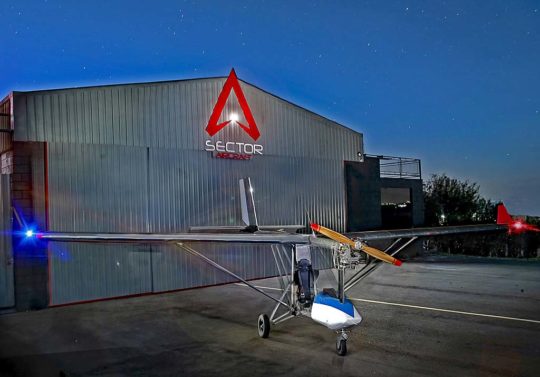
Welcome to a New Year! …and to a new airplane, a new Part 103 entry to be specific. One of the most amazing discoveries of 2020 — the year Covid upset lives around the globe — is the particular and peculiar strength of Part 103 ultralights. In a year that has seen hundreds of thousands of small businesses fail under the pressure of executive orders, and the lockdown of an amazing percentage of the world’s individuals, the littlest airplanes have found new life. Are you surprised? I was… despite being a fan of Part 103s for several decades. What will happen in 2021 and beyond? No one has a crystal ball but I am going to guess that we will continue to see strength in the 103 segment for one primary reason: affordability. You Can Afford Your Own Aircraft FAA’s Part 103 is an American phenomenon, dating to 1982, when the nearly 40-year-old regulation was issued.


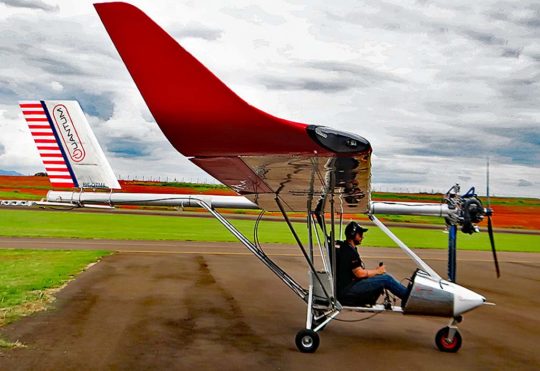 One of the most amazing discoveries of 2020 — the year Covid upset lives around the globe — is the particular and peculiar strength of
One of the most amazing discoveries of 2020 — the year Covid upset lives around the globe — is the particular and peculiar strength of 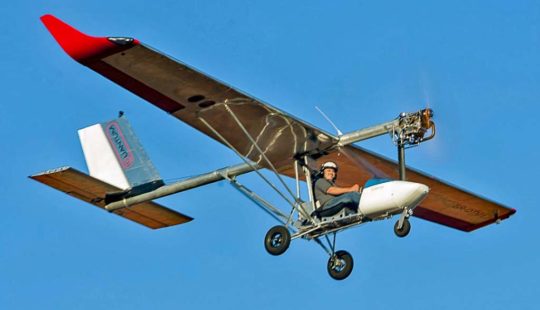 Yet, four decades later, this segment is thriving beyond what many pilots are willing to believe.
Now, fresh from the aviation-oriented land of Brazil comes a new entry. While
Yet, four decades later, this segment is thriving beyond what many pilots are willing to believe.
Now, fresh from the aviation-oriented land of Brazil comes a new entry. While 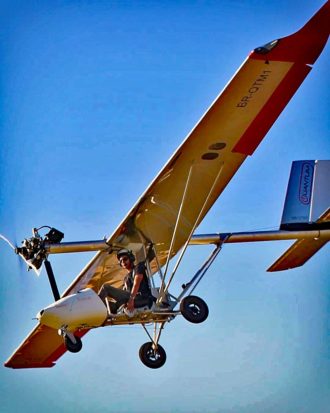 Part 103 in Brazil
Part 103 in Brazil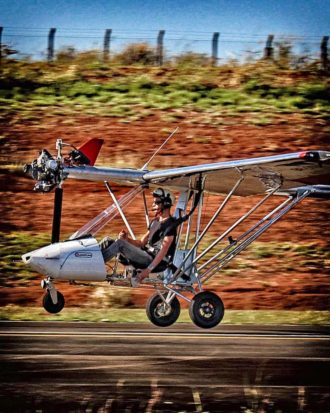 "I made the tail with NACA-008 profile, where in Flow Simulation trials, that shape gave more control power at low speeds. I continued with the design and in November 2019 the plane was ready, as well as all software and real load tests, and we were just waiting for our engine to arrive, a Polini Thor 250DS (Sector has become the Polini dealer in Brazil). In December 2019 we started the first tests on the ground, we had a very pleasant surprise with the results but we needed adjustments and improvements in the prototype.
"In January 2020 we made the first flight and started the flight tests. Because I had recently finished an LSA project (Hero), I used the ASTM-2245 standards to make Quantum, mainly following the structural load and flight items. We created a quality assurance manual, and all this experience will help when we start manufacturing the Hero.
"Following ASTM standards, Quantum flight tests used the same flight test cards as we did for Hero. We logged approximately 25 hours and after this validation period we start calling friends to fly the new bird, including pilots such as Captain Bertolini, who flew many military planes and was for more than 15 years a test pilot for Embraer. His input helped me refine the design and we already have sales of Quantum in Brazil and production has started, which is very good for us."
"I made the tail with NACA-008 profile, where in Flow Simulation trials, that shape gave more control power at low speeds. I continued with the design and in November 2019 the plane was ready, as well as all software and real load tests, and we were just waiting for our engine to arrive, a Polini Thor 250DS (Sector has become the Polini dealer in Brazil). In December 2019 we started the first tests on the ground, we had a very pleasant surprise with the results but we needed adjustments and improvements in the prototype.
"In January 2020 we made the first flight and started the flight tests. Because I had recently finished an LSA project (Hero), I used the ASTM-2245 standards to make Quantum, mainly following the structural load and flight items. We created a quality assurance manual, and all this experience will help when we start manufacturing the Hero.
"Following ASTM standards, Quantum flight tests used the same flight test cards as we did for Hero. We logged approximately 25 hours and after this validation period we start calling friends to fly the new bird, including pilots such as Captain Bertolini, who flew many military planes and was for more than 15 years a test pilot for Embraer. His input helped me refine the design and we already have sales of Quantum in Brazil and production has started, which is very good for us."
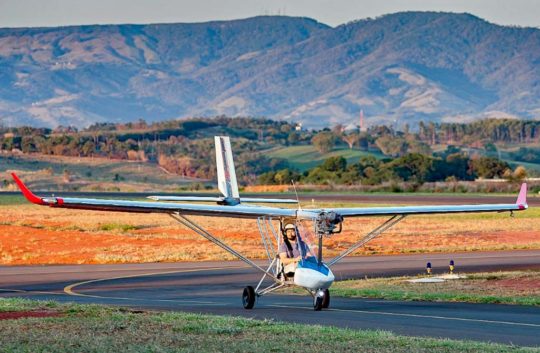 "Coordination maneuvers went beautifully. Approaches to landings showed good stability even in crosswinds. Touchdown does not require exceptional effort; abrupt corrections are not needed as Quantum delivers a smooth and pleasant ride." By late November 2020, André added, "We have logged 56 hours and the experience of more than 18 pilots."
"Coordination maneuvers went beautifully. Approaches to landings showed good stability even in crosswinds. Touchdown does not require exceptional effort; abrupt corrections are not needed as Quantum delivers a smooth and pleasant ride." By late November 2020, André added, "We have logged 56 hours and the experience of more than 18 pilots."
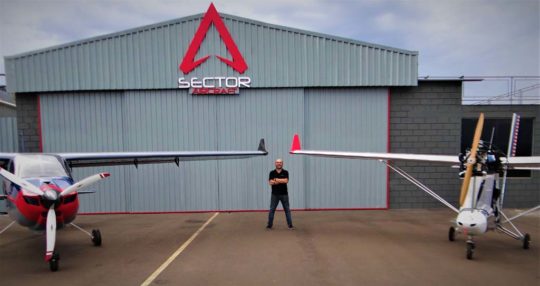 "In my adolescence, I studied mechanical manufacturing processes because in Campinas, I could not take an aeronautics course. In the early 2000s I started working with SolidWorks software and then I went to work as a project manager in a company called Inpaer in Campinas — today, Americans know this company as
"In my adolescence, I studied mechanical manufacturing processes because in Campinas, I could not take an aeronautics course. In the early 2000s I started working with SolidWorks software and then I went to work as a project manager in a company called Inpaer in Campinas — today, Americans know this company as 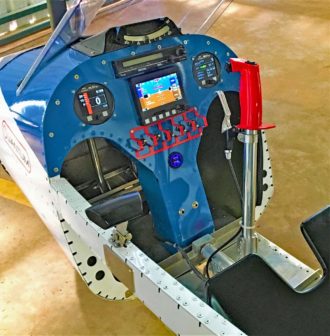 "I dedicated my life to studying manufacturing, engineering and design processes. I did little study to be a pilot. However, when Quantum … was ready [I prepared extensively] and did my solo flight on Quantum. What an immense pleasure to be able to design, build, and do my solo flight on this aircraft. Few people do this in life, like Wright Brothers in 1903 and Alberto Santos-Dumont in 1906. Of course, I don't want to compare myself to those pioneers but I think I know what they felt."
"I dedicated my life to studying manufacturing, engineering and design processes. I did little study to be a pilot. However, when Quantum … was ready [I prepared extensively] and did my solo flight on Quantum. What an immense pleasure to be able to design, build, and do my solo flight on this aircraft. Few people do this in life, like Wright Brothers in 1903 and Alberto Santos-Dumont in 1906. Of course, I don't want to compare myself to those pioneers but I think I know what they felt."
